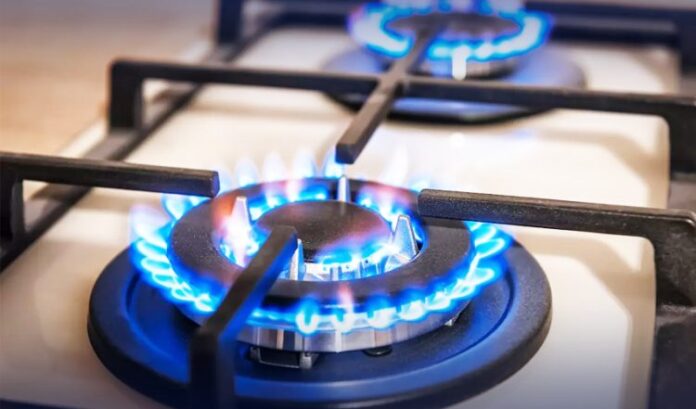Pakistan’s total gas supply has dropped to around 3,600 million cubic feet per day (mmcfd), about 10% lower than the FY24 average of 4,000 mmcfd, reflecting a sharp contraction in national demand.
Indigenous supply now stands at an average of 2,770 mmcfd over the past six months, while RLNG imports average 936 mmcfd, bringing total supply to about 3,707 mmcfd.
Over the last two months, total supply has averaged 3,600 mmcfd, including 2,792 mmcfd from domestic sources, according to analysts Shankar Talreja and Sania Irfan.
Analysts at Topline Securities said the decline of roughly 400 mmcfd is equivalent to four cargoes of RLNG, prompting Pakistan to consider deferring two to three cargoes a month from Qatar under existing take-or-pay agreements.
Pakistan currently has two long-term RLNG contracts with Qatar: a 15-year deal for five cargoes a month at 13.37% of Brent and a 10-year contract for four cargoes a month at 10.2% of Brent.
They noted that OGRA had previously projected Pakistan’s gas demand, including RLNG, to exceed 6,000 mmcfd by 2026. However, demand has instead shrunk below 4,000 mmcfd. Analysts attributed this to weak economic growth, higher gas and RLNG prices, currency devaluation, cross-subsidies, and government policy favouring the national grid over captive power generation.
Topline analysts observed that the rising share of RLNG in the gas mix has increased overall cost, while the captive levy of Rs791 per mmbtu imposed in February 2025 further reduced demand from industrial captive consumers.
Pakistan has already deferred 21 RLNG cargoes from ENI for 2026 and 2027, and has not received any ENI cargo since January 2025. Of Qatar’s nine contracted monthly cargoes, delivery fluctuates depending on domestic demand and supply forecasts.
Analysts said diverting or deferring two Qatari cargoes could lift domestic E&P volumes to about 3,000 mmcfd, recovering around 70% of supply. However, any loss arising from resale below the contracted price would be borne by Pakistan, while Qatar would retain any profit — a clause embedded in the long-term supply agreement. They added that the weighted average slope of contracted cargoes is 11.96% of the three-month average Brent price, compared to spot market slopes currently above 17%.




